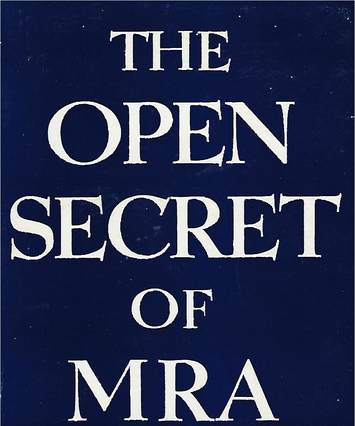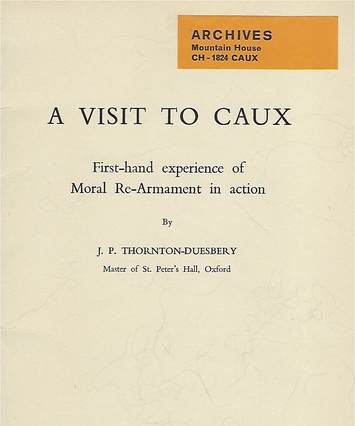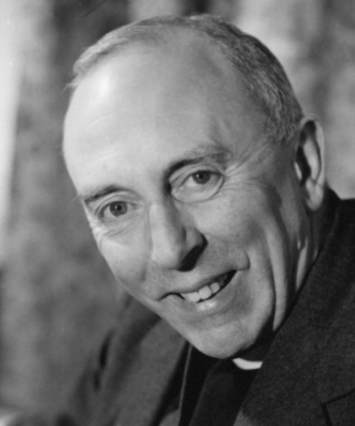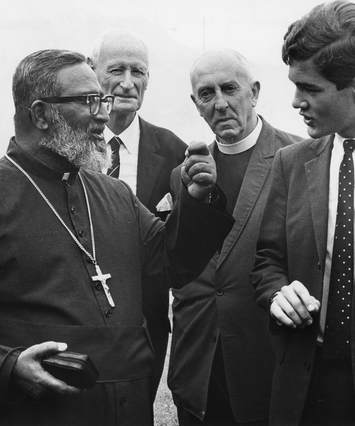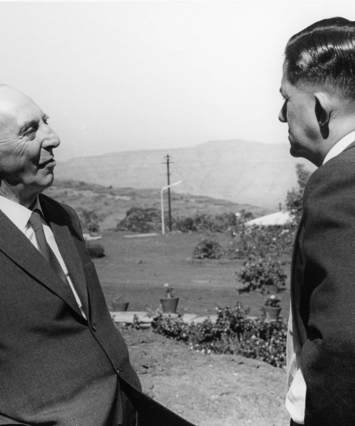The Revd Canon J P Thornton-Duesbery, was the Master of St Peter’s College, Oxford, from 1955 to 1968. He was born in 1902, the son of the former Bishop of Sodor and Man, and educated at Rossall and Balliol College, Oxford. He had a brilliant career, obtaining firsts in Classical Moderations, Greats and Theology. From Balliol he went to Wycliffe Hall, Oxford, in 1925 and came under one of the great formative influences of his life, that of the Principal, J F Graham-Brown, afterwards Bishop of Jerusalem. He was ordained to the staff in 1926 and then became Fellow and Chaplain of Corpus Christi College while remaining Vice-Principal of Wycliffe. Already as an undergraduate he had been greatly influenced by the Oxford Group movement, or Moral Re-Armament, and was the first senior member of the University to identify himself with it.
In 1933, at the invitation of Bishop Graham-Brown, he became Headmaster of St George’s, Jerusalem, and brought the school through the Jewish-Arab troubles of the next few years. In 1939 he was appointed Master of St Peter’s Hall, but the Second World War delayed his homecoming until 1940 when he found the Hall homeless, its buildings occupied by Westfield College, London, and its members steadily diminishing. He carried the Hall through this difficult period with quiet confidence.
In 1944 he became Principal of Wycliffe Hall, having been acting Principal for a year. His continued support for the Oxford Group was not always understood even by his best friends. In 1955 he returned to the Mastership of St Peter’s Hall. This gave him scope for his gifts as a teacher (he understood the task of teaching New Testament Greek) and as a friend and advisor to a varied body of men. Thorton-Duesbery relinquished the Mastership in 1968. Having decided to retire to Liverpool, a diocese with which St Peter’s had many connections, he was appointed Canon Theologian of the Cathedral. He became Canon Emeritus of the Cathedral from 1977.
Thorton-Duesbery never married. He will be remembered not primarily for his great intellectual gifts, but as a person of deep Christian conviction.
First published in The Times, 8 April 1985.


